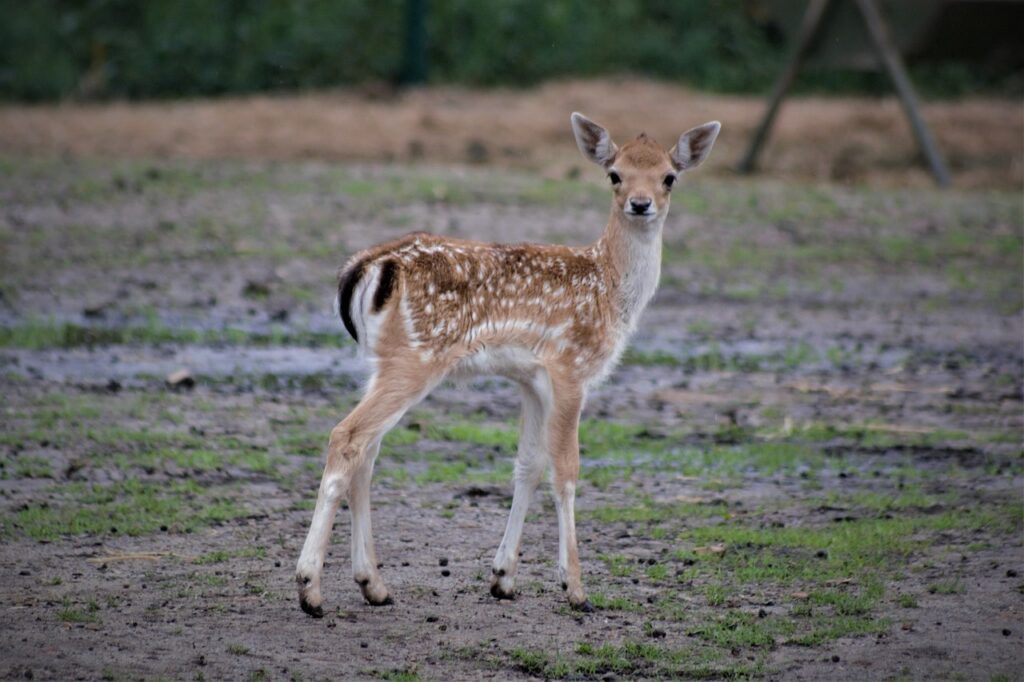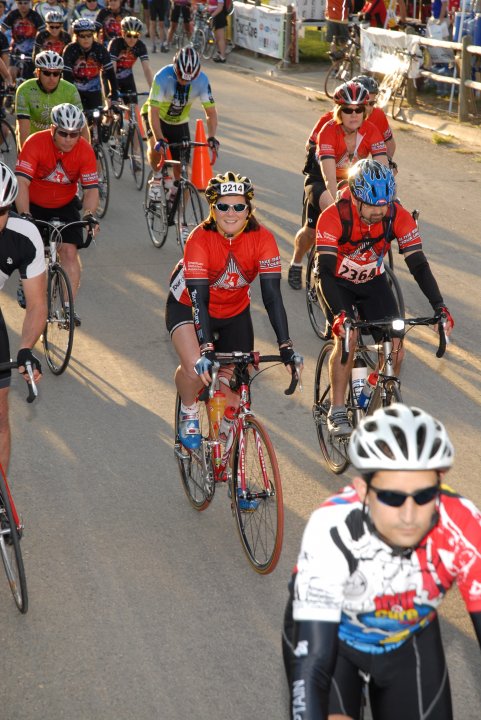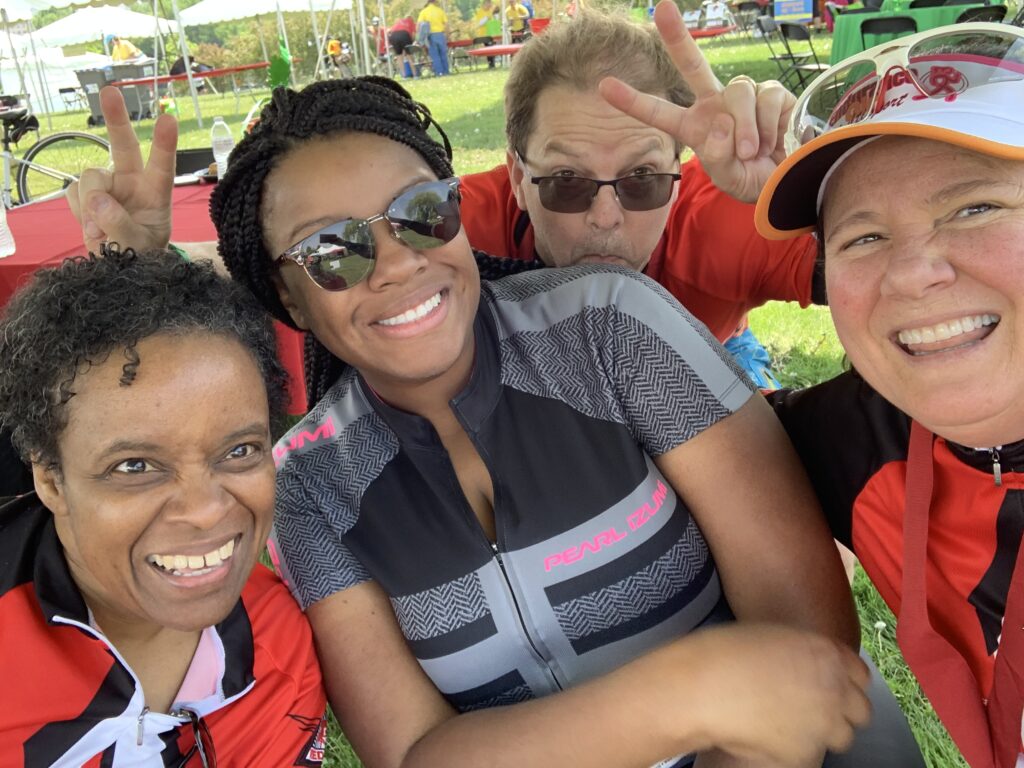I’ve known for a while that I survived a traumatic childhood. I grew up with a father who had type 1 diabetes and who nearly died at least once a year from low blood sugar. The paramedics came to our house at minimum once a year to rescue my convulsing, unconscious father. By itself that was traumatic.
I am also a sexual abuse survivor. I was sexually abused by my father, by my mother’s father and by a babysitter I was taken to for many months when I was 4 years old.

Abuse and neglect and not being wanted
It took me longer to realize that my mother really never wanted to have me. She was young when she gave birth to me. She was barely 23 years old when I was born. I imagine because I was the oldest child, a daughter, and she was the oldest daughter in her highly dysfunctional family, plus she was so young when she had me, that my mere existence was triggering for her. I figured out early that I was an inconvenience for her and quickly I learned to be “good” and to appease. It was a survival strategy.
PTSD diagnosis
As I’ve mentioned in other posts, I have been fortunate to find excellent therapists that have helped me on my healing journey. It’s been a constant process. My healing journey continues today. After my suicide attempt in 2013, I was diagnosed with PTSD. When I got that diagnosis, I broke down in tears of profound relief. Finally a diagnosis that made sense to me.
Wise friends share resources
Thankfully, I have wise, committed-to-healing friends. One of those friends, we’ve been friends since I was 24 (that’s 32 years we’ve been friends!) she has pursued her own trauma healing. Recently she shared a fourth response to trauma that is called the “fawn response.” Likely you have heard of the first three responses to trauma: fight, flight and freeze. I had not ever heard of the fawn response. My friend also sent me a link to a podcast called Bliss and Grit that explores healing, spirituality and the questions of life.
Bliss and Grit
Brooke Thomas and Vanessa Scotto, the two women who created the podcast Bliss and Grit, did a session about the Fawn Response. Here it is. That got me started. I went down a bit of a rabbit hole exploring my own fawn tendencies.
Another light bulb went off for me. I have known for a while that I’ve been obsessed with being “good.” With appeasing and pleasing others. A number of past boyfriends have expressed frustration with me in that they felt like they couldn’t “get to know me” because I was so focused on the other (on them) that my own interests, desires, emotions were muted or invisible by those around me.
Putting the puzzle pieces together
I never put the pieces of the puzzle together until the last few weeks as I more deeply investigated the fawn response. I realized my early way of managing my dysfunctional family was to please and appease and be good. That method of managing my trauma turned into how I navigated many of my relationships. I got really good at not being able to name my own interests, needs, or wishes. In fact it was extremely difficult for me to even name my emotions when asked.
Since my suicide attempt in 2013, I have not been in a romantic relationship. That’s the longest no-romance stretch of time in my life, since I was 15.
In fact, I’ve barely even gone on any dates. Instead, my energies have been focused on myself. I had to learn how to effectively manage my finances. I needed to regain my health. I needed to find meaningful work again. I needed to make friends for real. I had to do some deep letting go, deep forgiveness and deep self-discovery. In short, I FINALLY had to focus on myself.
One of the key things I’ve re-discovered is that I’m an athlete. It’s taken me a lot of effort and a lot of focus to get back into my body and now that I’m here, I enjoy it!
I’ve spent the past 8 years learning who I am.
For reference, here’s a definition of the fawn response from Psychology Today:
“The fawn response involves immediately moving to try to please a person to avoid any conflict. This is often a response developed in childhood trauma, where a parent or a significant authority figure is the abuser. Children go into a fawn-like response to attempt to avoid the abuse, which may be verbal, physical, or sexual, by being a pleaser. In other words, they preemptively attempt to appease the abuser by agreeing, answering what they know the parent wants to hear, or by ignoring their personal feelings and desires and do anything and everything to prevent the abuse.
Over time, this fawn response becomes a pattern. Individuals carry this behavior pattern into their adult relationships, including their professional and personal interactions.”
This discovery of the fawn response is rather exciting for me. It means I can explore this response and I can take refuge in how well I have learned who I am these past 8 years. I am working on the fear I have of losing myself in a relationship. I have literally zero experience not losing myself in a relationship, so it’s completely new.
I’m willing to keep talking to my fear and I figure more self-awareness never hurts! I am again considering trying dating. Good timing, now that we are all getting vaccinated!
What do you think of this fawn response? How do you deal with your trauma? I love your comments and I love hearing from you. Thanks for reading. It means the world to me.
On that note, tomorrow I’m riding my bike 40 miles in the Virtual Tour de Cure Twin Cities. If you’d like to donate to my campaign, I’d greatly appreciate it!
Here’s the link: http://main.diabetes.org/goto/mariruddy40

Tour de Cure Colorado way back in the early days! GO RED RIDER!! 
Tour de Cure 2019, last time it was in-person! I’m riding with Paul this year!
Are you on my email list yet? If not, here’s your chance to sign up.

